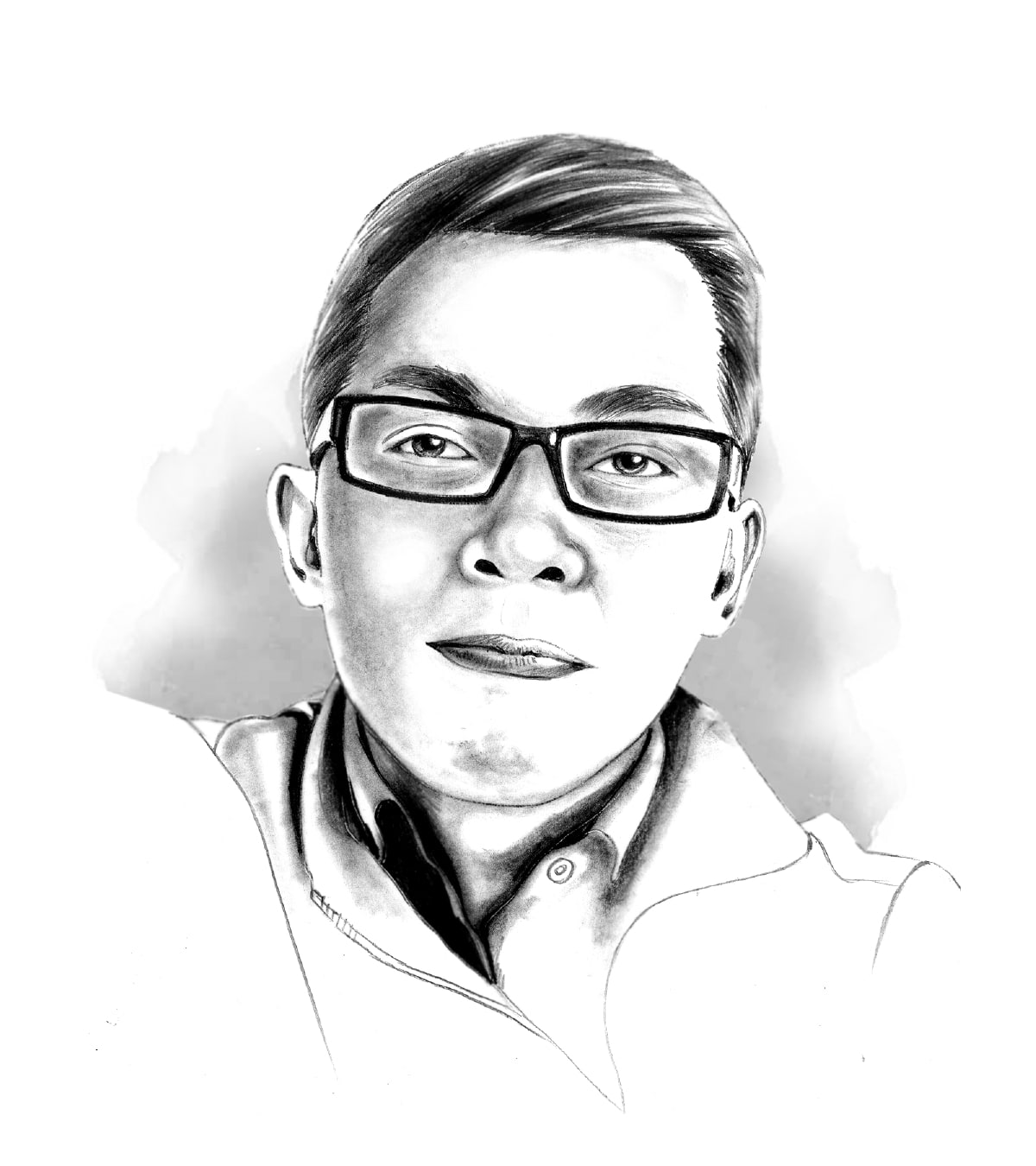HOTSPOT

It has been a long time (decades actually!) since I first encountered sociology, and it would not be stretch to say that I got hooked and influenced a lot by it.
The BA Sociology course and subjects at UPLB gave me important tools and lenses which I often use to this day in analyzing and commenting on the news.
One exercise I still remember from a sociology book I read is to take a look at random wedding photos, especially group photos. The photos themselves always present a happy occasion, when two persons celebrate their union. Sociology begins to happen when we ask what’s in the minds of the persons in the photos: What do the parents think of the union? Is it a wedding of convenience, or a union of two families out to expand their wealth? If the groom is not the first-born, and the first-born remains a bachelor, what does he feel? Is he under pressure?
Do this with more photos of other weddings and you would have a huge study on the sociology of the family: how they are made, the feelings and objectives of the couple and family members, the traditions, and yes, perhaps even what the photographers and videographers feel or suspect.
The sociological lesson? Things are not as simple as they seem to be, and the more questions one asks, the more insights we get from human activity, and social relationships.
One could do the same exercise at job fairs, the daily commute, the seasonal long weekends, and, of course, how we react on politics. We cannot guess the people’s mindspace by just one look. Only when we ask a lot of people involved, ask the right questions, and actually listen, could we get something quite insightful and helpful.
We live at a time when there’s a huge belief on individuality and individual expression. But we cannot escape from the fact that we have been influenced by a lot of factor like family, religion, peers, and influencers into this individuality that we are proud of. One may be identifying as a conservative, liberal or radical, but the road to this self-perception may not always be a straight one.
People’s attitudes towards work almost always focus on class, upbringing or the readiness to do the hard work. Many seniors are often heard proudly recounting what they went though when they were young. But whether they would survive in this current situation, in this current job market, in the current employment arrangements, is something that’s not often asked of them. I seriously suspect they won’t survive for even a week, since they are not built for the system that ironically they helped design.
Sociology could also tell a lot about class and social stratification, thanks to the heritage of best friends forever Karl and Friedrich, and to some extent, by their successors Vlad, Joseph and Zedong. Out there in libraries waiting to be re-read and rediscovered are their contributions to understanding the science behind capital, class, exploitation, and revolution.
The beauty of sociology is in its flexibility and its openness to work closely with history, anthropology, economics, political science, geography, psychology, STEM, and others. A student of sociology can look at a map of bombed nation, and he or she could also see a map of reconstruction.
If sociology could be this progressive, then why aren’t sociologists and sociology studying and saying more to change the trajectory of history? Well, because this field of study itself is also a part of the social system and social fabric sociology studies. Sociology is also affected by academic politics, funding, and thematic priorities laid down by universities and other big forces that determine what’s good or fit for study. Simply put, there are many sociologists justifying and helping perpetuate the status quo.
For now, I’m happily reviewing sociology lessons and re-reading sociology books, and keeping an eye on Philippine sociology studies. Our organization on campus, the UPLB Sociology Society, has excitedly started its year-long preparation for Sociosoc’s 50th founding anniversary. This column is partly a result of that excitement.
Hopefully, more young people would consider sociology as a field of study, and that more people use sociology to find out more about ourselves as a people and nation.